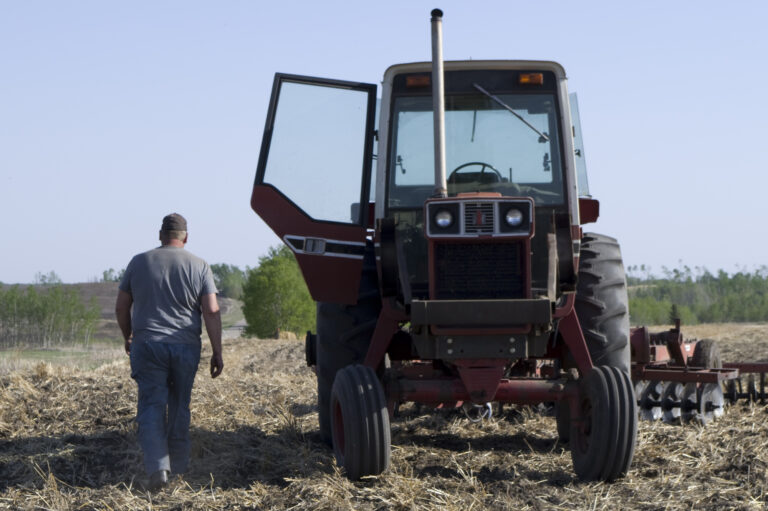
Agriculture Producers Association of Saskatchewan (APAS) president Ian Boxall said farmers already face a challenging year due to inflation, and the Carbon Tax is going to make that even more difficult.
The federal Carbon Tax increased to $65/tonne on April 1, marking the first year of an increasing price on carbon that will continue rising until it hits $170 in 2030.
Boxall said Saskatchewan farmers will pay more than $40 million in carbon taxes getting their products to port, and that’s an extra expense they can’t afford.
“Farmers will easily pay more in barn heating or grain drying each month than they will ever see in rebates,” Boxall said in a press release. “We see these costs in our monthly bills and are feeling them trickle down to us through higher input costs and reduced commodity prices throughout the supply-chain. We need policy measures to provide exemptions and relief programs that recognize the competitive impact these costs have on our bottom lines.”
Boxall said load of Saskatchewan grain will travel, on average, 1,850 km to port, or around 1,150 miles. If a suggested carbon surcharge of $.01129 per railcar mile is applied to rail shipments this year, farmers could face more than $36 million in carbon surcharges on an estimated 26 million tonnes of grain that will be shipped to market.
Boxall said the livestock industry will also be hit hard. The majority of cattle are shipped out of province for inspection due to the lack of federally inspected meat processing facilities in Saskatchewan. Boxall said ranchers will incur fuel carbon surcharges travelling to and from out-of-province feedlots.
“These additional costs come off our bottom-line because we’re price takers who sell into international markets,” Boxall said. “The impact of these costs on our farm operations needs to be recognized to ensure we can remain competitive in international markets.”
In February, Conservative MP Ben Lobb introduced Bill C-234 into the House of Commons. If passed, that bill would amend the federal government’s carbon pricing legislation, meaning farmers would no longer pay the carbon tax on natural gas and propane used for grain drying, heating, and cooling livestock barns, greenhouses, stream flaking, and irrigation.
The Canadian Senate will soon review Bill C-234. Boxall said it’s vital the bill passes as soon as possible.
“The importance of having this Bill expedited through the Senate for royal assent and into law cannot be understated,” Boxall said. “This is a cost that producers see on their bills every month, and there are no available fuel alternatives with current technology.”
Boxall spoke about the impacts of inflation on producers and the rising cost of food in front of the House of Commons’ Standing Committee on Agriculture and Agri-Food on March 20.
The federal government announced plans to increase the Carbon Tax to $170/tonne by 2030 as part of their environmental plan unveiled in December 2020. Then federal Environment Minister Jonathan Wilkinson said they made the decision following general conversations with the provinces.
“We’ve been very clear as a government that our view is that the price on pollution is the most efficient way to reduce emissions, that (incentivises) innovation, and it is a critical part of the plan going forward,” Wilkinson told the National Post. “All of the provinces and territories are aware of that, and that conversation will continue.”
Current Environment Minister Steven Guilbeault told reporters prior to April 1 that families who pay the federal fuel charge will get more money back than what they pay in because the Climate Incentive Action Payments will rise with the price per tonne of greenhouse gas emissions.
Residents in Alberta, Saskatchewan, Manitoba, and Ontario will receive the payments each quarter, with residents in small and rural communities receiving a 10 per cent top-up to their rebates. Residents in Newfoundland, Nova Scotia, and Prince Edward Island will start receiving the payments in July.
The federal government estimates a family of four in Saskatchewan will receive $340 each payment. That’s the second highest rebate out of any province.
Carbon Tax opponents, like the Canadian Taxpayers’ Federation, say the Carbon Tax will cost families up to $710 this year. That’s after they receive all their quarterly rebates.
